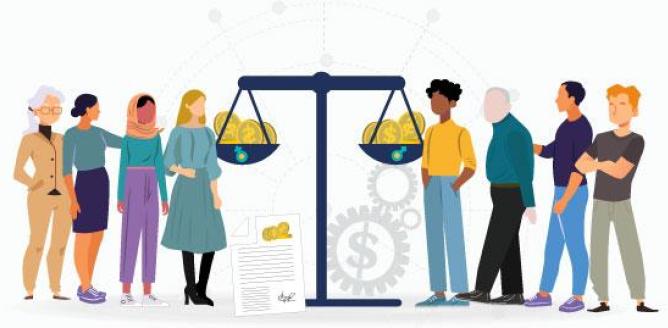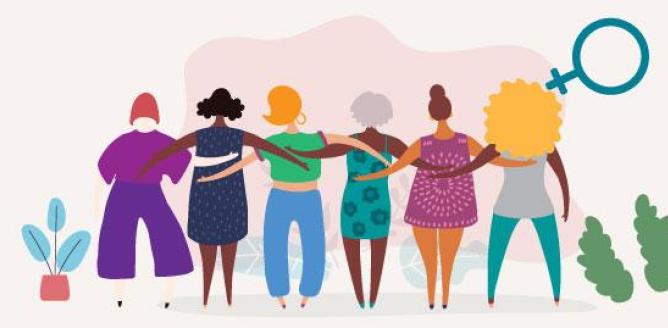“The gender stereotypes introduced in childhood are reinforced throughout our lives and become self-fulfilling prophesies. Most leadership positions are held by men, so women don't expect to achieve them, and that becomes one of the reasons they don't.” ― Facebook COO Sheryl Sandberg
The harmful effects of gender stereotyping can be reduced at a young age with proper intervention, according to the world’s first study on Hong Kong children conducted by researchers at the Chinese University of Hong Kong, the University of Hong Kong, and the University of Toronto Mississauga.
The study found that the children as young as 4 years old gave less positive feedback and shared less generously with peers who did not conform to stereotypical expressions of gender. Equally worrying, older children aged 8 to 9 years of age tended to be even less positive toward gender nonconforming peers than the younger children.
But there is a silver lining. The researchers also investigated the effectiveness of an intervention. Some of the 8 and 9 year old children were randomly assigned to view examples of gender nonconforming peers who displayed socially desirable characteristics (e.g. having lots of friends) as well as some gender conforming characteristics that made them similar to the majority. Others were assigned to the control group who viewed pictures of zoo animals. Afterwards, the groups were assessed on their opinions of gender nonconforming peers. Those that were in the first group had more positive views than the control group proving that a simple intervention can change biases against peers who break gender norms.
At TWF, we have long been aware of the adverse effects of gender stereotypes from a young age, and have integrated elements to challenge harmful stereotypes in all of our youth programmes. As we continue to advance our work, we are excited to launch our newest youth initiative, the Digital Literacy Programme. Generously sponsored by QBE, this Programme targets young female students from under-resourced schools, together with their parents. Over the weekend, 20 upper primary school girls joined their parents for the first of five fun and engaging workshops where participants will learn basic digital literacy skills and apply them to practical tasks. They will also learn about - and challenge - stereotypes that cause harmful self-limiting beliefs and expectations, including the idea that boys are better at STEM than girls. From now until the end of 2020, we aim to touch the lives of 200 participants.
We know it’s vital to include parents as a central part of this Programme to ensure the new skills and attitudes that the students develop are sustained. In addition to accompanying their daughters, the Programme includes a workshop exclusively for parents on developing techniques and strategies to encourage their children to use the digital devices in positive ways.
We look forward to sharing updates on Digital Literacy over the next few months!
Get in touch Fiona.Nott@twfhk.org





















